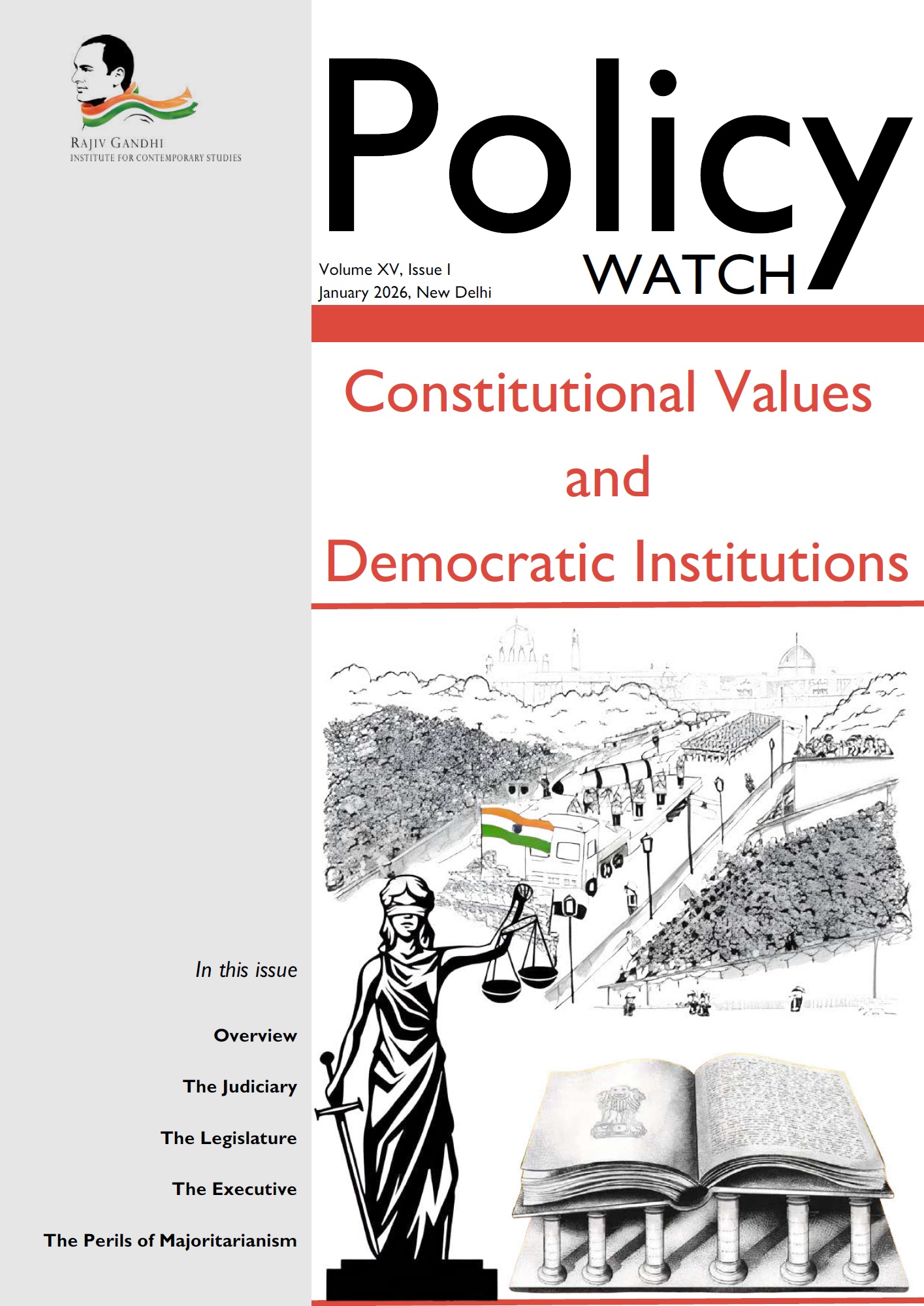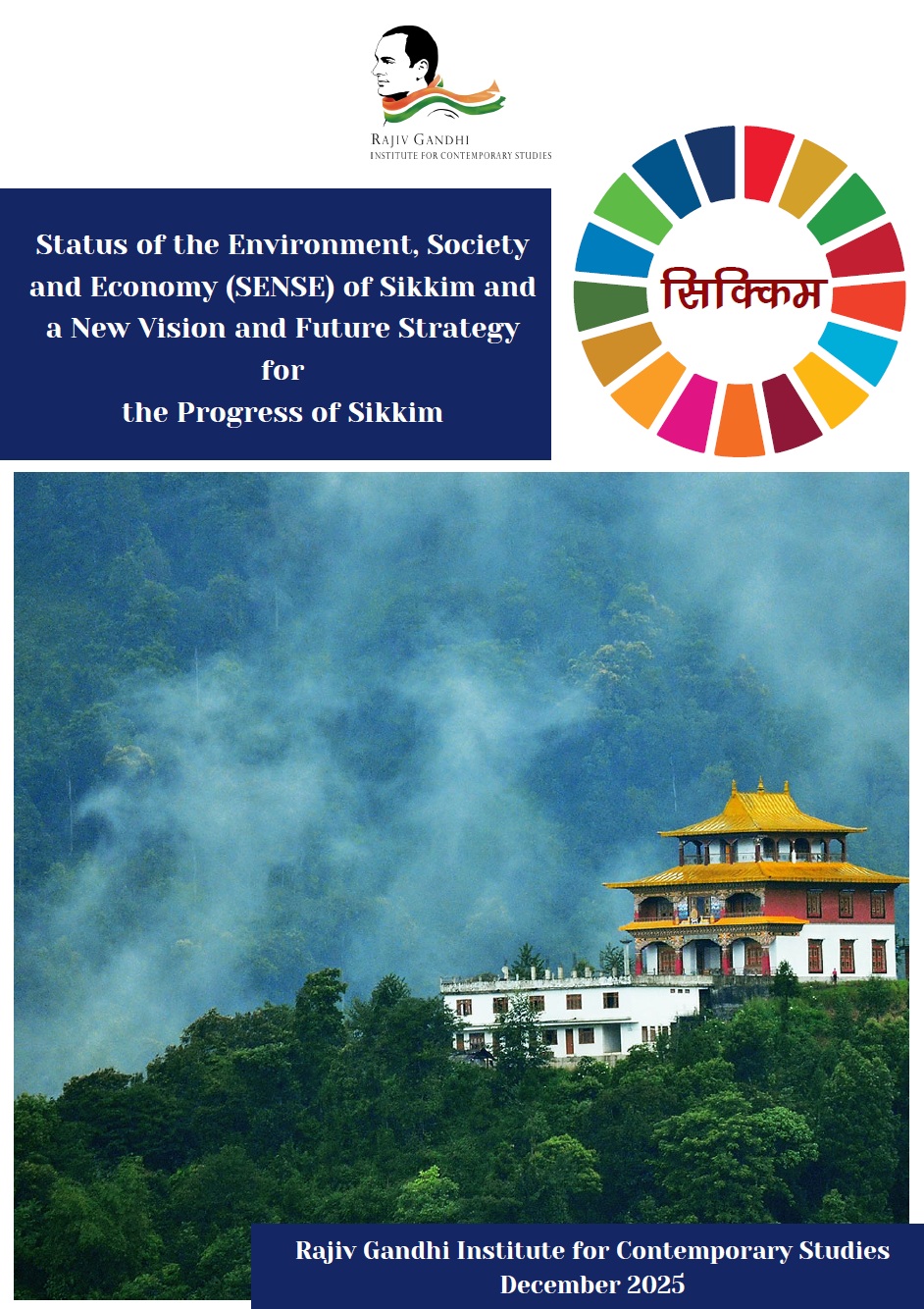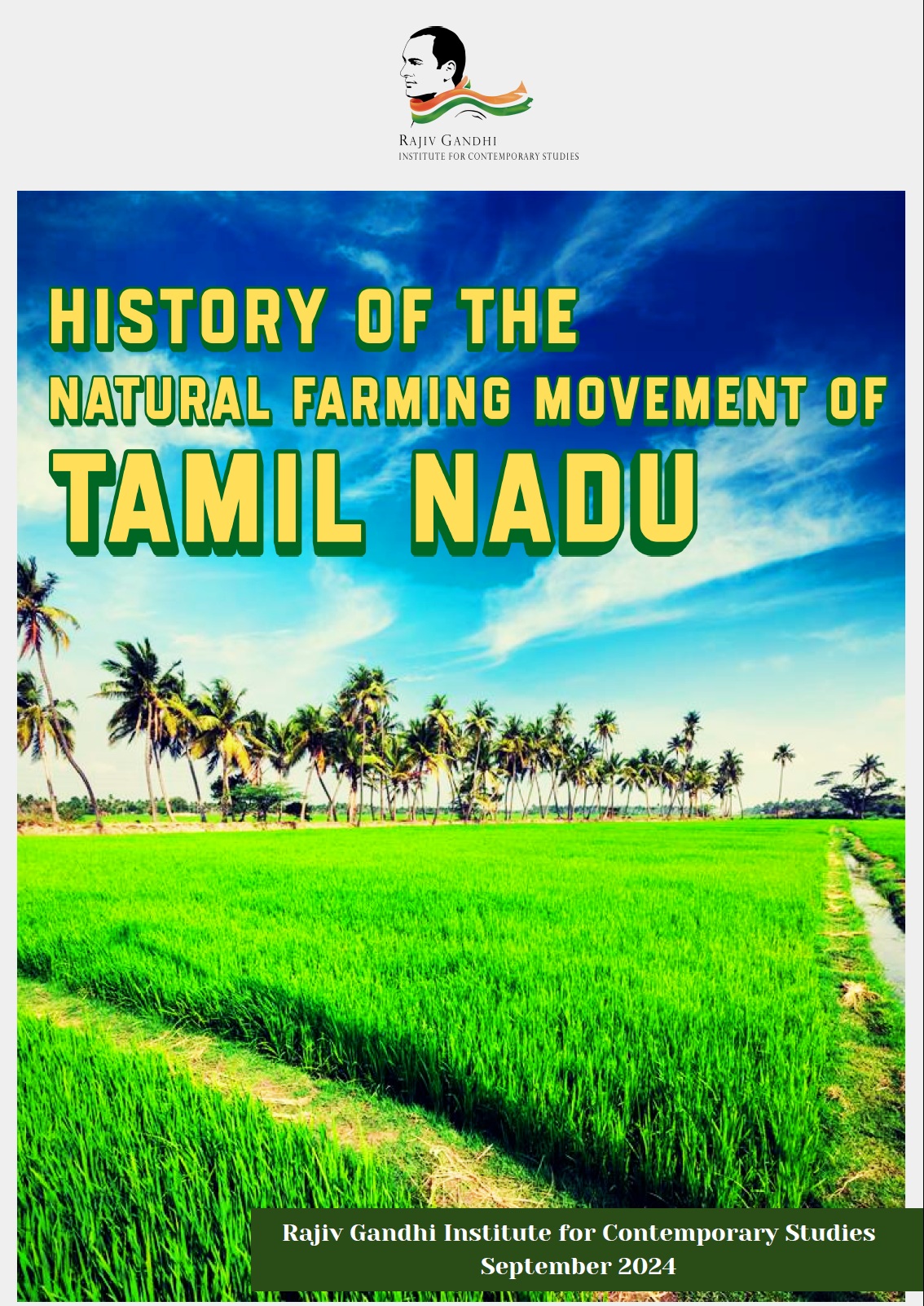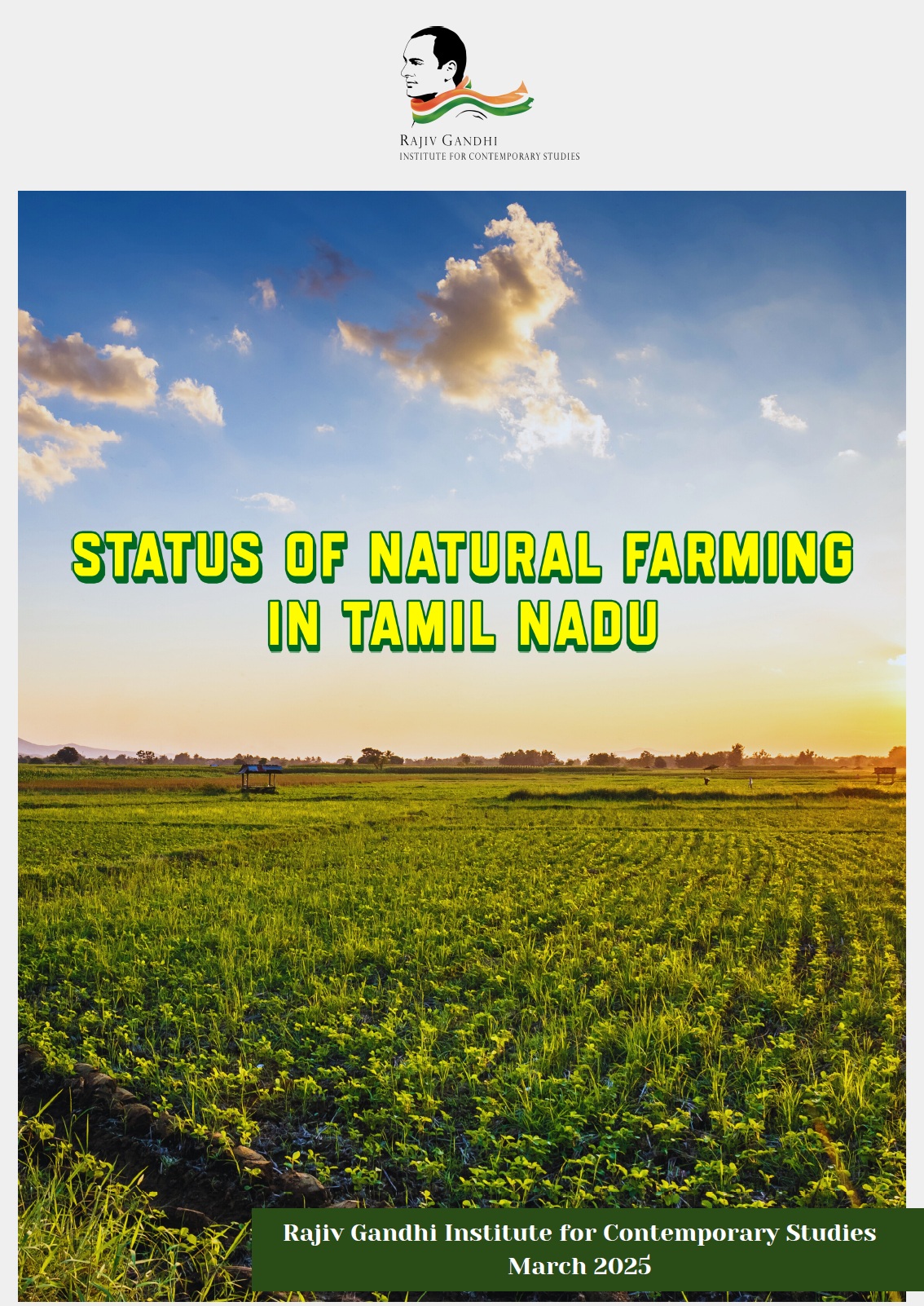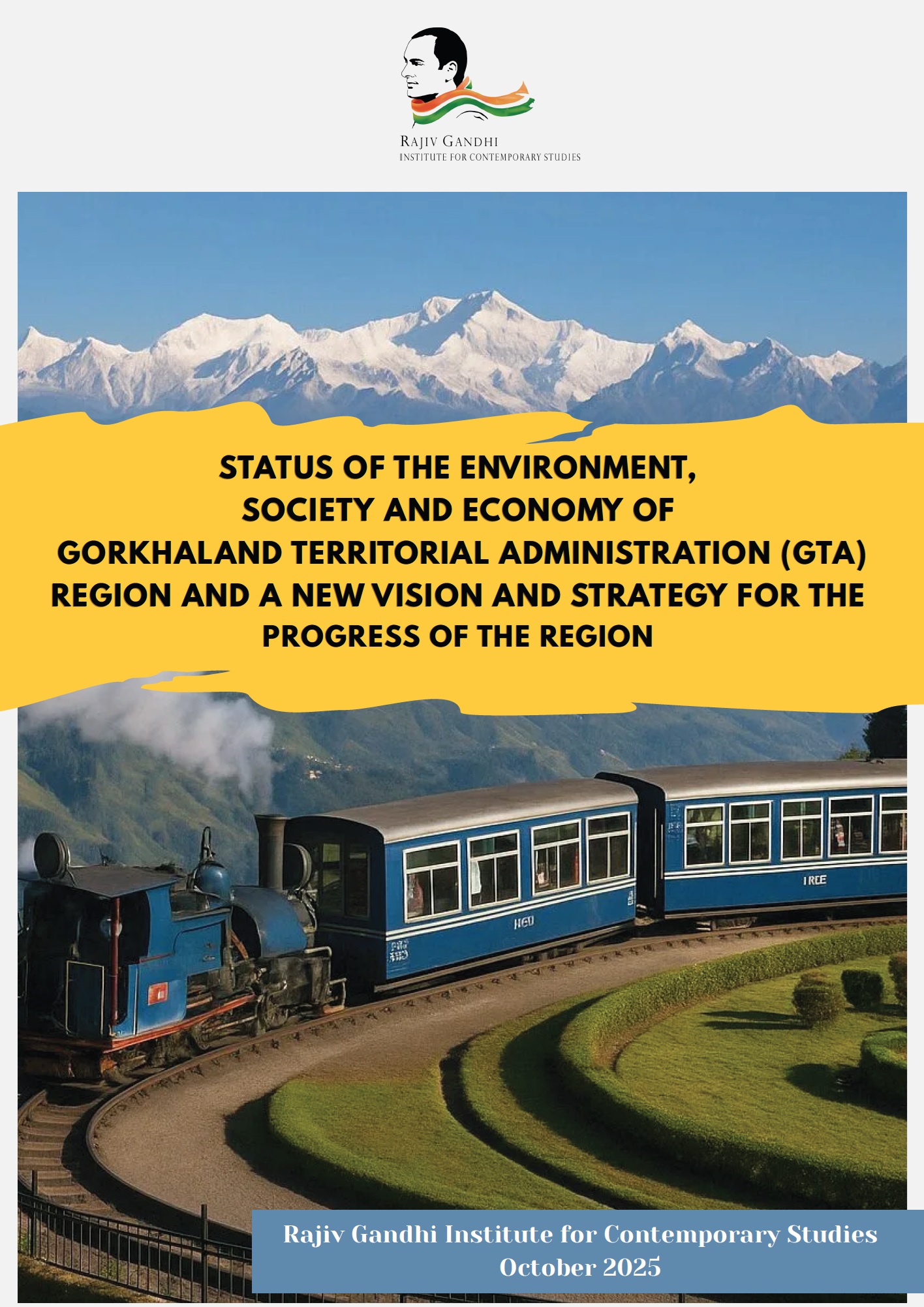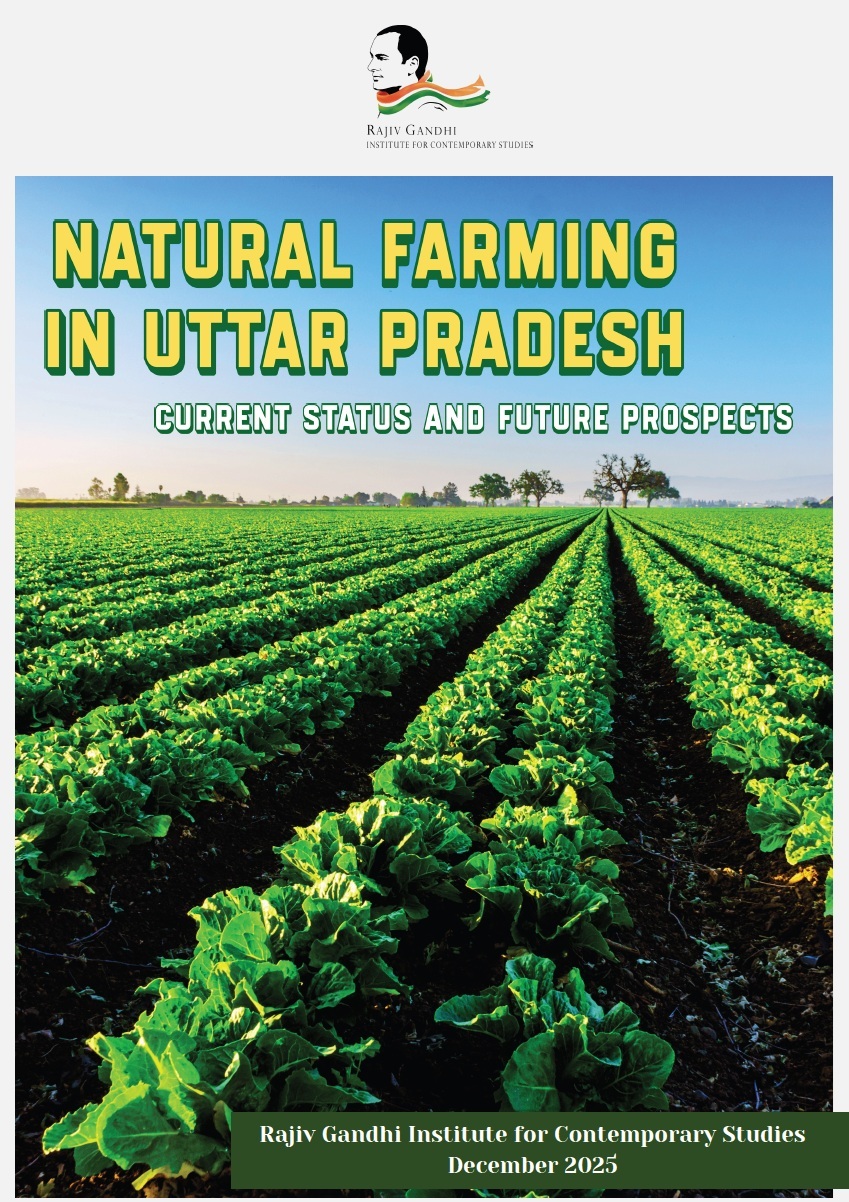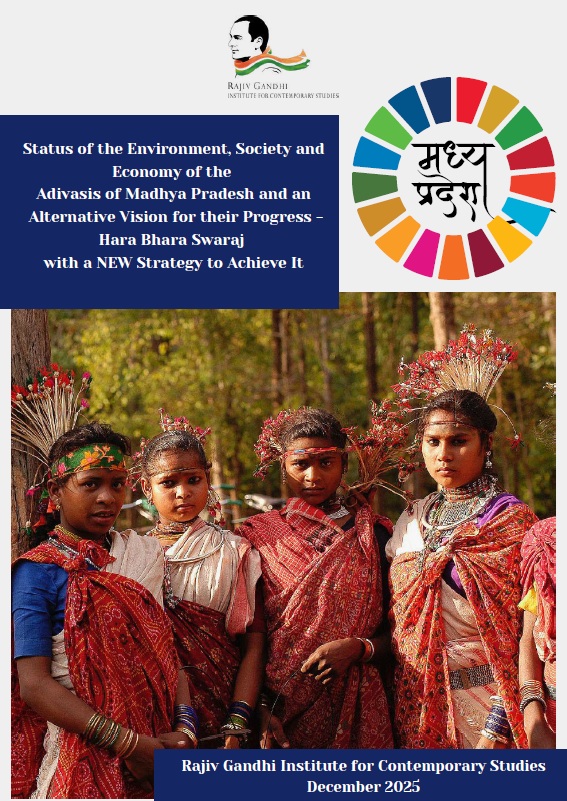This edition of Policy Watch is on the RGICS theme of Constitutional Values and Democratic Institutions. The issue brings to you a varied discussion on the psychology of fascism, two contending ideas of nationalism, and human trafficking.
The first article is on Ideology – particularly Fascism, whose contemporary variants are resurgent all over the world. In this article, Mr Aryan D’Rozario gives us a psychological analysis of fascism based on the works of William Reich. Reich is of the belief that early childhood and familial atmosphere play a key role in determining fascist tendencies at a psychological level. This is further explained by examples from Smith’s work on Mussolini. Aryan explores two key questions – does the resurgence of fascism signal an end of democracy and why do people vote for the right wing even though it might be against their interests. This article also discusses some of the arguments from Runciman’s book – How Democracy Ends?
The second article by Mr Mohd. Tanweer Alam juxtaposes the idea of nationalism as espoused by Gandhi and Savarkar. Gandhi approached Hinduism from a spiritual and philosophical perspective and wanted to build a nation which is inclusive of people across religions, race and ethnicity. Gandhi viewed India’s diversity as an asset. In contrast, Savarkar introduced the concept of Hindutva encompassing the religious, social, cultural, political and linguistic spheres. He wrote “Every person is a Hindu who regards and owns this Bharat Bhoomi, this land from Indus to the seas, as his Fatherland and Holy Land, the land of the origin of his religion and the cradle of his faith”. This excludes Muslims, Christians and Jews, on the ground that their Holy Land is not in Bharatvarsha. The article brings out other differences in these two world views and how they led to different ideas of India, with the latter becoming resurgent now.
The third article moves from Ideology to Law and shows how fundamental rights are trampled on for many Indian citizens. This article on Human Trafficking is written by Ms Mamta Borgoyary, Ms Charu Singh and Ms Pranjita Borah. Trafficking is the third largest organised crime in the world. In India women and children are the prime targets, especially those belonging to Dalit, minority and tribal groups. The article also speaks of the existing legislation to prevent trafficking in India and the gaps in both policy and implementation. The article explains the shortcomings of the Trafficking in Persons Prevention, Protection and Rehabilitation) Bill, 2018 which was passed by the Lok Sabha, but lapsed as the Rajya Sabha could not consider it before the dissolution of the 16th Lok Sabha in March 2019. The present Government has announced its intent to reintroduce the Bill and we hope some of the critique of the earlier Bill will be heeded when the revised version of the Bill is tabled.
Policy Watch: Constitutional Values and Democratic Institutions – September 2019
Send download link to:


